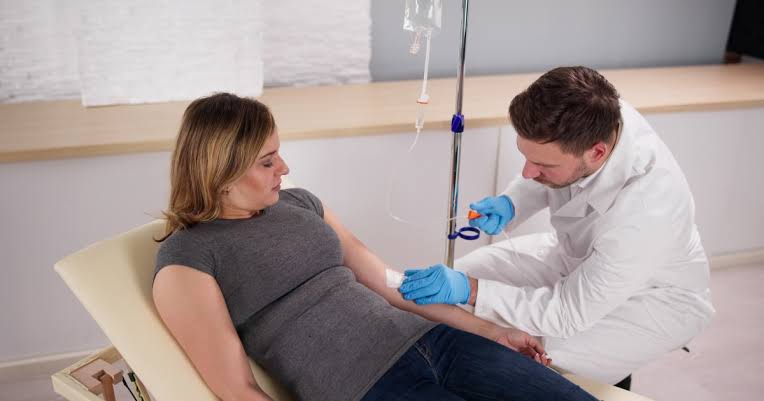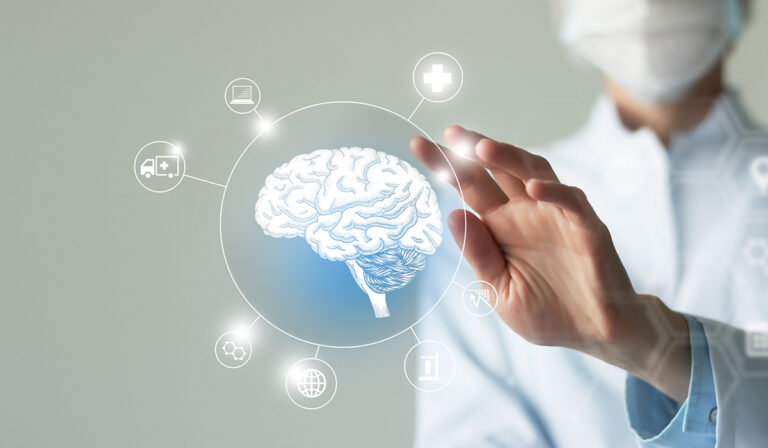Mind-Body Connection: Techniques for Stress Management

In today’s fast-paced world, stress has become an unavoidable part of our lives. Whether it’s from work, personal relationships, or societal pressures, stress can significantly affect our physical and mental well-being. However, by understanding the powerful connection between our mind and body, we can harness effective stress management techniques to promote relaxation, reduce anxiety, and achieve a state of balance. At Nirvanix Health (www.nirvanixhealth.com), we focus on innovative solutions that support the mind-body connection to help individuals manage stress and improve overall health.
Understanding the Mind-Body Connection
The mind-body connection refers to the intricate relationship between our mental state and physical health. What we think and feel can influence our physical body in profound ways. When we experience stress, our body reacts by releasing hormones like cortisol, which can lead to physical symptoms such as increased heart rate, muscle tension, headaches, and digestive issues.
On the other hand, a relaxed state can trigger the release of calming hormones like endorphins, helping to reduce stress and promote overall well-being. This powerful connection can be utilized to better manage stress by adopting techniques that focus on both the mental and physical aspects of health.
Techniques for Stress Management Through the Mind-Body Connection are:
1. Mindfulness Meditation
Mindfulness meditation is one of the most effective ways to calm the mind and reduce stress. By focusing on the present moment without judgment, you can create a mental space free from worries about the past or future. Practicing mindfulness allows you to observe your thoughts and feelings without getting overwhelmed by them, which helps to lower stress levels.
Research shows that regular mindfulness meditation can reduce the production of stress hormones, improve concentration, and promote emotional stability. Whether it’s through guided meditation apps or simply sitting quietly for a few minutes each day, this practice can help reset your mental state and alleviate stress.
2. Breathing Exercises
Breathing exercises are simple yet powerful tools that can help regulate your body’s stress response. Techniques like deep breathing, diaphragmatic breathing, or the 4-7-8 method can activate the parasympathetic nervous system, which is responsible for relaxation. When you consciously slow your breath and deepen your inhales and exhales, it sends a signal to your brain that it’s time to relax.
For example, the 4-7-8 technique involves inhaling for 4 counts, holding the breath for 7 counts, and exhaling slowly for 8 counts. This exercise can quickly reduce anxiety, lower heart rate, and help you feel grounded in moments of high stress.
3. Yoga and Tai Chi
Physical movement plays a critical role in stress management, andpractices like yoga and tai chi combine gentle movement with deep breathing and meditation to create a holistic approach to stress relief. Both yoga and tai chi focus on fluid, mindful movement, which helps reduce physical tension and promotes mental clarity.
Yoga postures (asanas) are designed to open up the body, release muscle tightness, and restore balance to the nervous system. Tai Chi, with its slow, deliberate movements, encourages a state of flow, helping you to calm your mind and reduce the negative effects of stress. These practices not only enhance physical flexibility but
also improve mental flexibility, which is crucial when managing stress.
4. Progressive Muscle Relaxation (PMR)=
Progressive Muscle Relaxation (PMR) is a technique where you tense and then relax different muscle groups in your body, one at a time. The goal is to create awareness of the physical sensations of tension and relaxation, allowing you to become more attuned to your body’s stress signals.
By systematically working through muscle groups from head to toe, PMR helps release physical tension and promotes a sense of deep relaxation. This technique is especially useful for individuals who experience physical symptoms of stress, such as muscle tightness, headaches, or neck pain.
5. Biofeedback
Biofeedback is an advanced technique that uses sensors to monitor physiological functions like heart rate, muscle tension, and skin temperature. The real-time data is then provided to you through visual or auditory cues, helping you become more aware of your body’s stress response. With practice, you can learn how to control these physiological functions by using relaxation techniques to calm your nervous system.
At Nirvanix Health, we integrate biofeedback technology into our personalized health programs to help individuals understand their stress triggers and learn to regulate their body’s response. This technique empowers patients to take charge of their health and well-being.
6. Visualization and Guided Imagery
Visualization, also known as guided imagery, involves imagining a peaceful, relaxing scene to help calm the mind and reduce stress. This technique encourages you to close your eyes and vividly picture a tranquil environment, such as a beach or forest, and fully immerse yourself in the sights, sounds, and sensations of that place.
Visualization helps shift your mental focus from stressors to positive, relaxing imagery, which can trigger a relaxation response in the body. With regular practice, this technique can serve as a powerful tool to manage stress and restore a sense of calm during difficult moments.
7. Healthy Lifestyle Choices
Taking care of your body is an essential aspect of managing stress. Regular exercise, a balanced diet, adequate sleep, and staying hydrated are all critical factors that influence how we experience and cope with stress. When your body is physically healthy, it’s better equipped to handle stress and recover from its effects.
At Nirvanix Health, we believe in a holistic approach to health that emphasizes the importance of lifestyle choices. Incorporating regular physical activity, eating nutrient-rich foods, and getting enough rest can help improve your overall well-being, making it easier to manage stress in the long term.
The Role of Nirvanix Health in Stress Management
At Nirvanix Health (www.nirvanixhealth.com), we provide personalized health solutions that support the mind-body connection, offering a range of services to help individuals manage stress. Through advanced health technologies, tailored wellness programs, and expert guidance, we empower our clients to take control of their mental and physical health.
Our team of healthcare professionals is committed to helping individuals integrate stress management techniques into their daily routines. Whether through mindfulness, biofeedback, or lifestyle adjustments, we are here to guide you toward achieving a balanced and stress-free life.
Conclusion
Managing stress is crucial for maintaining a healthy mind and body. By adopting techniques that nurture the mind-body connection, individuals can significantly reduce stress and improve their overall quality of life. Practices like mindfulness, breathing exercises, yoga, and progressive muscle relaxation are powerful tools in stress management. With the support of personalized health care solutions from Nirvanix Health, you can take proactive steps to manage stress and cultivate a healthier, more balanced lifestyle.
Visit www.nirvanixhealth.com today to learn more about how we can help you manage stress and achieve optimal health.






